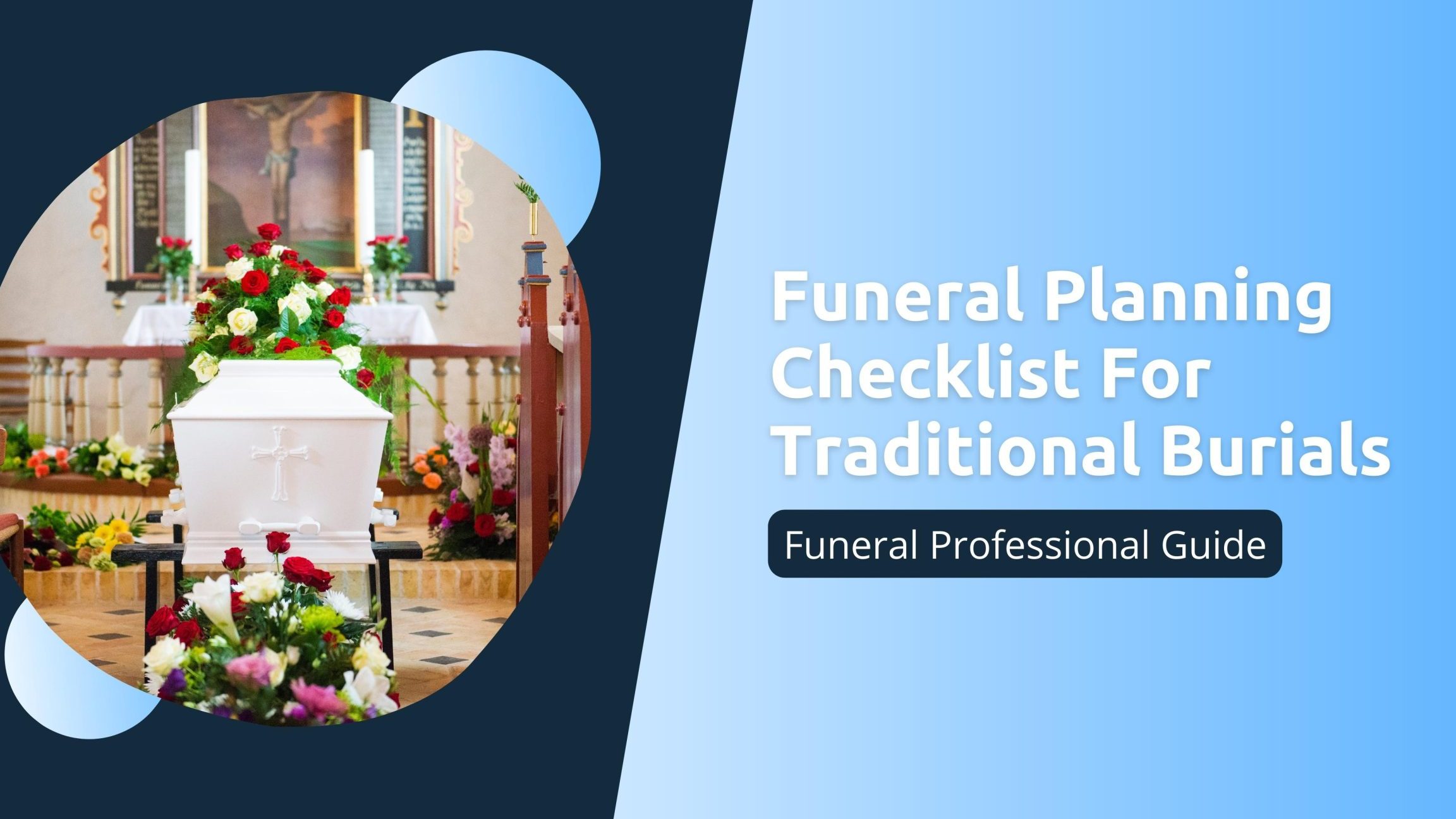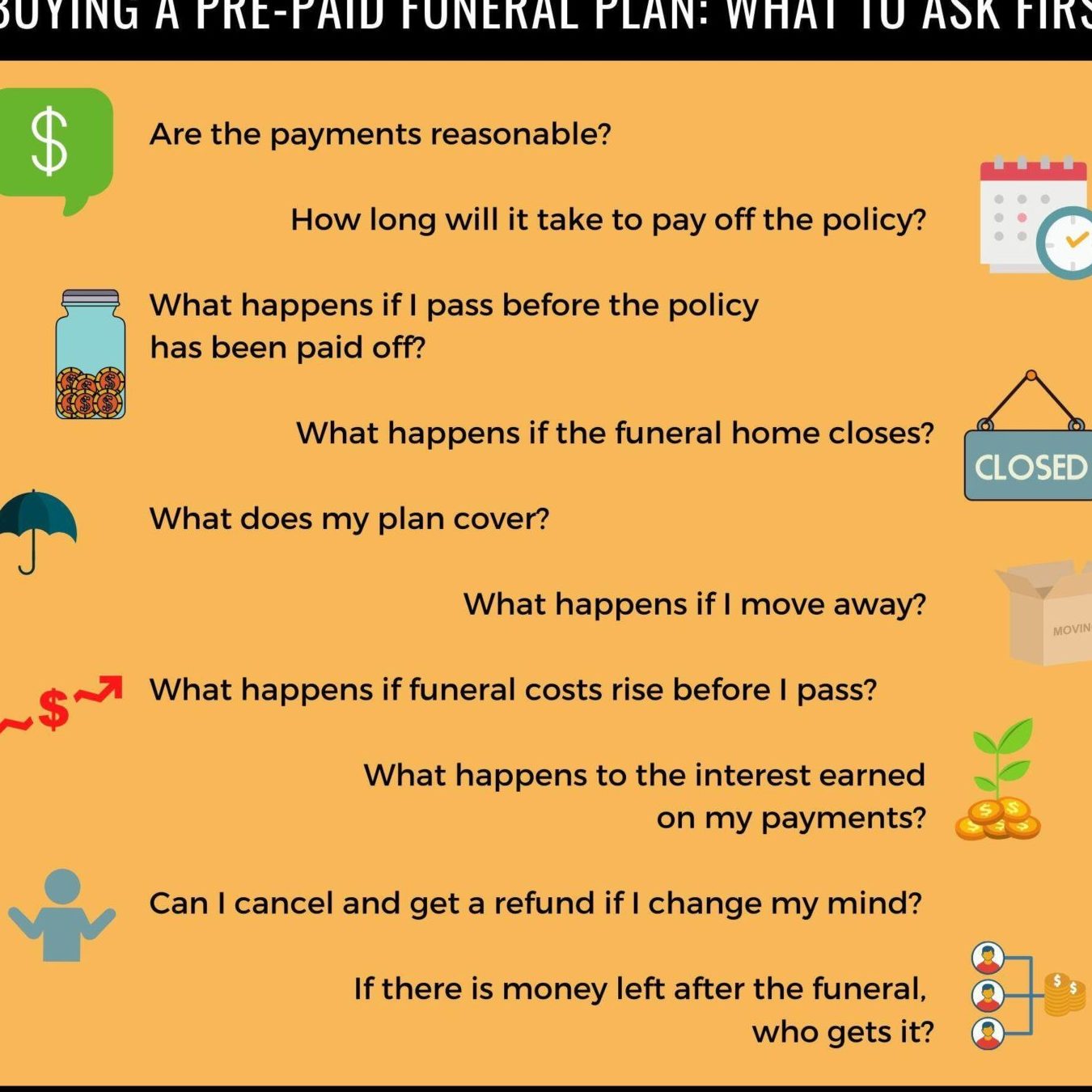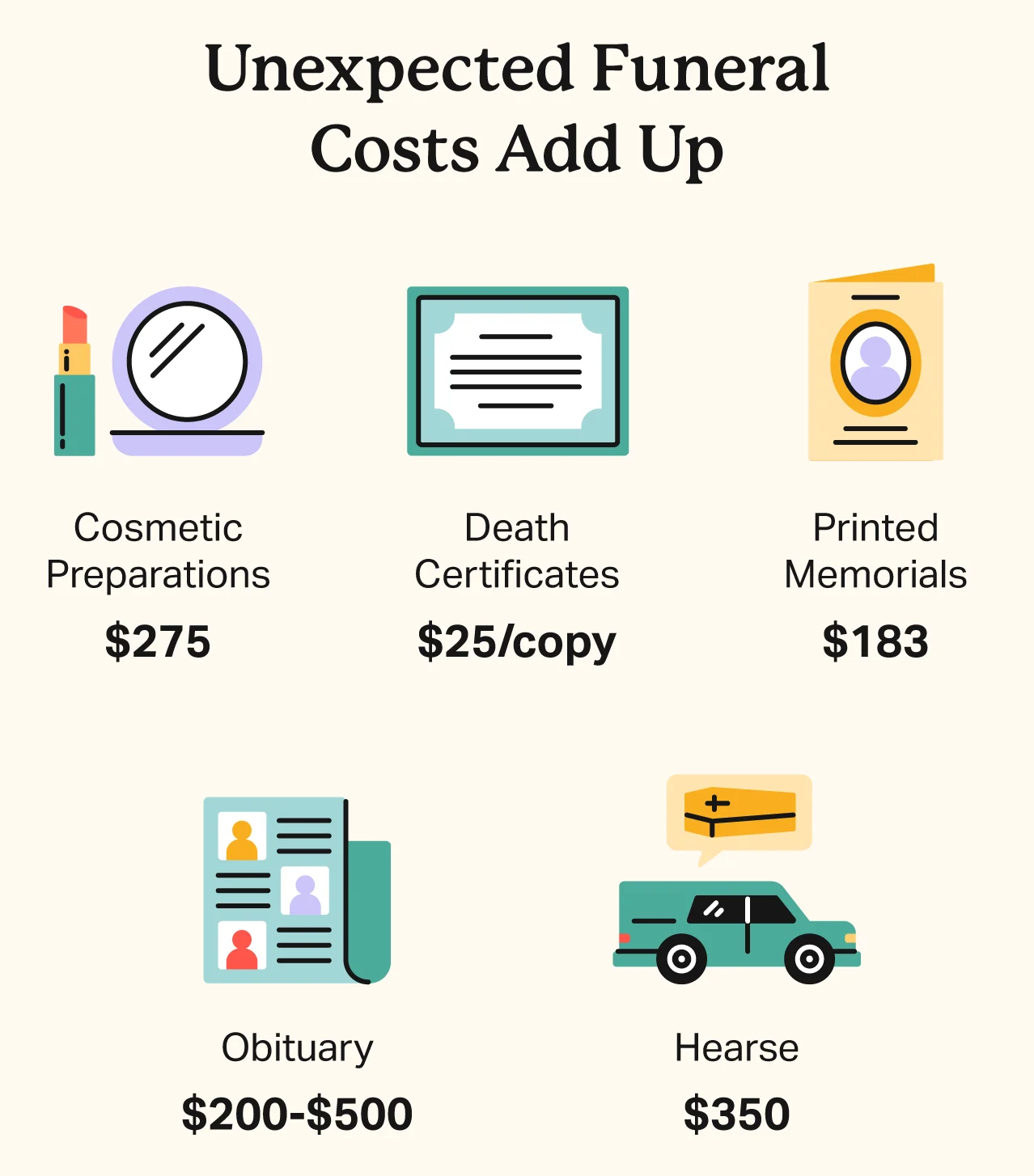Funeral Planning as an Act of Love is crucial for protecting and honoring your loved ones. By making arrangements in advance, you alleviate emotional and financial burdens during difficult times. Understanding the costs and benefits of funeral planning allows you to make informed decisions that align with your wishes. Key considerations include selecting a funeral home, documenting your preferences, and preparing for end-of-life decisions. Legal documents play a vital role, ensuring your plans are respected. Utilize support and resources available to ease the process and find comfort in pre-planning your funeral.
The Importance of Funeral Planning for Your Loved Ones
Protecting Your Family’s Emotional Burden
Funeral planning is more than just making arrangements for your own departure. It is an act of love and consideration for your loved ones. By taking the time to plan your funeral in advance, you alleviate the emotional burden that your family would otherwise face during a difficult time. They can find solace and support in knowing that your wishes are being honored, allowing them to focus on grieving and healing.
Alleviating Financial Stress on Your Loved Ones
Planning your funeral in advance provides a tremendous financial benefit to your family. Funeral costs can be overwhelming, and unexpected expenses can add to the burden. By pre-planning, you ensure that your loved ones are not burdened with the financial stress of arranging and paying for your funeral. They can find comfort in knowing that you have taken care of this aspect and that they can focus on celebrating your life without the added worry of financial strain.
Ensuring Your Wishes are Honored
Funeral planning allows you to ensure that your wishes are carried out exactly as you envision. It provides an opportunity to make decisions regarding the type of service, the final resting place, and any other specific requests you may have. By documenting your preferences in advance, you remove any ambiguity and ensure that your loved ones can honor your final wishes. This brings peace of mind, knowing that your life will be celebrated and remembered exactly as you desire.
Understanding the Costs and Benefits of Funeral Planning
Planning a funeral involves understanding the associated costs and benefits. By exploring this aspect, you can make informed decisions and find the best value for your funeral arrangements.
Average Costs of Funeral and Cremation Services
According to recent data, the average cost of a full-service burial is around $7,848, while a full-service cremation averages at $6,971. These figures highlight the financial implications that funerals can have on your loved ones.
Time Constraints and Decision-making Challenges
When a loved one passes away without a funeral plan in place, family members often face time constraints when making crucial decisions. They may not have the opportunity to explore multiple funeral homes or compare services properly.
Pre-planning to Compare Options and Find the Best Value
By pre-planning your funeral arrangements, you have the time to research and carefully select the most suitable funeral home. This allows you to take into account various factors, such as location, services offered, and costs, ensuring that you find the best value for your money.
Funeral Insurance and Prepayment Options
One way to alleviate financial stress on your loved ones is by considering funeral insurance or prepayment options. These plans allow you to secure the cost of your funeral in advance, protecting your family from unexpected expenses and giving them peace of mind.
Understanding the costs and benefits of funeral planning empowers you to make thoughtful decisions. It ensures that your loved ones are not burdened with financial strain during an already challenging time. By researching and pre-planning, you can find the best value and ensure your funeral arrangements align with your wishes.
Key Considerations in Funeral Planning
Researching and Selecting a Funeral Home
Choosing the right funeral home is a significant decision in funeral planning. Researching and comparing funeral homes can help you find one that aligns with your values and provides the services you desire. Look for a funeral home that has a good reputation, offers the specific services you need, and fits within your budget. Take the time to visit and meet with funeral directors to ensure they understand and respect your wishes.
Documenting and Communicating Your Funeral Wishes
Documenting your funeral wishes is essential to ensure they are honored. Prepare a detailed plan that includes your desired type of service, burial or cremation preference, the location of the burial or scattering of ashes, and any specific requests for music, readings, or personal touches. Communicate this plan to your loved ones and make sure they have copies of it. By discussing and sharing your wishes, you can relieve your family from making difficult decisions during an already emotional time.
Preparing for End-of-Life Decisions
Funeral planning goes beyond the ceremony itself. It also involves preparing for end-of-life decisions regarding medical care and life-sustaining measures. Consider discussing with your family and healthcare professionals your preferences regarding life support, resuscitation, and palliative care. Create advance directives, such as living wills and healthcare proxies, to ensure your wishes are respected and your loved ones have guidance in making critical decisions.
Exploring Burial, Cremation, and Memorial Service Options
Funeral planning includes considering different options for final disposition. Explore the choices between burial and cremation, understanding the benefits and costs associated with each. Research burial plots, mausoleums, and urns for cremated remains. Additionally, think about the type of memorial service or gathering you envision. You can opt for a traditional funeral, a memorial service, or a celebration of life that reflects your unique personality and honors your life story.
Legacy Planning: Organ Donation and Scientific Research
Legacy planning involves contemplating what will happen to your body and how it can contribute to the greater good. Consider whether you want to donate organs or tissues upon your passing to potentially save or improve lives. Additionally, you may have the option to donate your body to scientific research, enabling advancements in medical education and research. Discuss these choices with your family and explore the necessary steps to make these wishes a reality.
The Role of Legal Documents in Funeral Planning
Understanding the Limitations of Wills and Testaments
A will or testament is a legal document that outlines how a person’s assets and belongings should be distributed after their death. While wills play a significant role in estate planning, it’s important to understand their limitations when it comes to funeral planning.
Wills are typically read after the funeral, so relying solely on a will to communicate your funeral wishes may result in them going unnoticed. To ensure your desires are honored, it’s recommended to have a separate document specifically dedicated to funeral planning.
The Importance of Separate Funeral and Burial Contracts
Funeral and burial contracts provide a comprehensive and legally binding way to outline your funeral wishes. These contracts go beyond what a will can accomplish by addressing specific details such as the type of service, burial or cremation preferences, and other related arrangements.
By having a separate funeral and burial contract, you can ensure that your wishes are explicitly stated and legally enforceable. This gives you peace of mind knowing that your loved ones will not have to make difficult decisions during an already challenging time.
Discussing Healthcare Directives and Life-sustaining Measures
Another crucial aspect of funeral planning is discussing healthcare directives and life-sustaining measures. These documents allow you to express your preferences for medical treatment, including decisions regarding life support or end-of-life care.
By clearly documenting your wishes in advance, you can alleviate the burden on your loved ones when they have to make healthcare decisions on your behalf. It allows them to respect your choices and ensures that your values and beliefs are upheld even if you are unable to communicate them personally.
Navigating Estate Planning and Medicaid Qualification
Funeral planning is intricately linked to estate planning, as it involves managing and distributing assets. Navigating the complexities of estate planning and understanding Medicaid qualification can significantly impact the financial aspect of funeral arrangements.
Consulting with estate planning professionals can help you arrange your assets in a way that maximizes financial assistance for funeral expenses while prioritizing your loved ones’ financial well-being. Proper estate planning can provide peace of mind and help alleviate potential financial burdens.
By engaging in proper legal documentation and addressing these considerations, you can ensure that your funeral planning is comprehensive, legally binding, and aligned with your wishes.
Support and Resources for Funeral Planning
In order to navigate the complex process of funeral planning, there are various support systems and resources available to assist you and your family. These resources provide guidance, expertise, and valuable assistance to ensure that your loved ones receive the care and support they need during this difficult time.
Involving Your Family in End-of-Life Conversations
Open and honest communication with your family members is crucial when it comes to end-of-life planning. By involving your loved ones in these important conversations, you can ensure that everyone understands your wishes and can contribute their own thoughts and concerns. Sharing your funeral preferences, documenting them, and discussing them with your family will enable a smooth and collaborative process.
Professional Assistance from Funeral Directors
Funeral directors are experienced professionals who can provide valuable guidance throughout the funeral planning process. They possess extensive knowledge of legal requirements, funeral traditions, and various options available. A funeral director can help you navigate the complex paperwork, coordinate services, and offer personalized suggestions to make the funeral a truly meaningful experience.
Utilizing Elder Law and Special Needs Planning
If you or your loved ones have unique circumstances or special needs, consulting with an elder law attorney or a specialist in special needs planning can provide valuable insights and assistance. These professionals can help you understand the legal aspects of funeral planning, including estate planning, Medicaid qualification, and guardianship issues, ensuring that all necessary arrangements are in place for your specific situation.
Long-Term Care Insurance and Financial Preparation
Long-term care insurance can be a valuable financial tool when it comes to funeral planning. It can help cover the costs associated with long-term care facilities or home healthcare services, easing the financial burden on your loved ones. Proper financial preparation, including setting aside funds or creating a dedicated savings account for funeral expenses, can also provide peace of mind and ensure that the necessary resources are available when needed.
Finding Peace and Comfort in Pre-planning Your Funeral
Pre-planning your funeral can bring comfort and peace of mind, knowing that your wishes will be carried out and that your loved ones will be spared the emotional and financial burden of making these decisions in a time of grief. Taking the time to make these arrangements in advance allows you to carefully consider all aspects of your funeral, choose the appropriate services, and make any necessary financial arrangements. This thoughtful preparation can provide a sense of control and reduce stress during a difficult time.
By utilizing the support and resources available for funeral planning, you can ensure that your loved ones are well-informed, supported, and prepared for the funeral process. These resources can alleviate the burden of decision-making, provide expert guidance, and offer financial security, ultimately allowing your family to focus on honoring and remembering your life in a meaningful way.

Mistakes in Planning a Funeral: Avoid These Common Errors in Funeral Planning

What is the Best Funeral Plan for You: A Comprehensive Guide for US Residents

Effective Strategies for Family Preplanning Discussions

Key Questions to Ask When Choosing a Funeral Plan in the US

How to Finance Your Funeral Plan: Options and Tips for US Residents

Benefits of Funeral Preplanning

The Importance of Preplanning Your Funeral

How to Plan a Funeral in 7 Steps: A Comprehensive Guide for Americans
